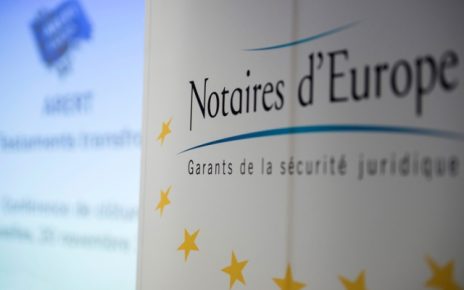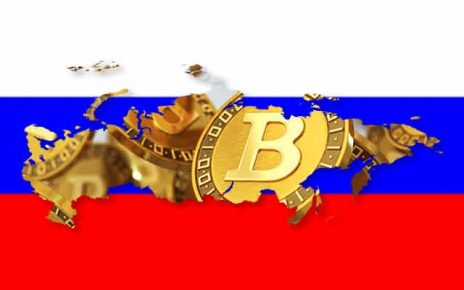The Russian State Duma, the lower house of the Federal Parliament of the Russian Federation, approved the new law that defines the creation, emission, storage and circulation of digital financial assets. According to an announcement published by the State Duma, the law was approved during the first discussion round.
The project of the new law for digital financial assets was published in March and approved two days ago. The law introduces new terms such as “digital transaction”, “digital register”, “mining”, “token”, “smart contract”, among numerous other terms related to the world of the cryptocurrencies and the blockchain technology behind them.
Although at least two new discussions related to this project are expected to be held in the near future, we can observe a step forward when it comes to defining the key terms in the industry. The new law contemplates a difference between cryptocurrencies and tokens and a new important categorization of the cryptocurrencies as properties and not a method of payment.
Anatoly Aksakov, the Chairman of the State Duma Committee on Financial Market, said during the plenary session that the definitions of the new concepts provide legal protection for the ones that use these tools, since the comprension of the cryptocurrencies as properties provides an opportunity to some extent for protecting their rights in legal disputes.
When the project was introduced back in March this year, Aksakov was the one that initiated its conceptualization: “The document also introduces definitions of the basic concepts used in these processes, in particular the digital financial asset, digital transaction, mining, token and cryptocurrency. Both the cryptocurrency and the token, according to the law, are recognized as properties.”
Now, this attribute of the tokens and the cryptocurrencies is reiterated during the plenary session of the Russian State Duma when the law was approved. Moreover, Aksakov makes a difference between the two types of digital assets and affirms they are not a method of payment: “These definitions establish that both the cryptocurrency and the token are assets and the key difference between the two is based on the type of emission: a single emitter (token) and multiple emitters or miners (cryptocurrency), besides the goal of the emission. At the same time, the document (the law) explicitly establishes the digital financial assets are not legal methods of payments on the territory of the Russian Federation.”
This differentiation could result somewhat confusing, since if it strictly reiterates the cryptocurrencies are not a method of payment, the first interpretation that could be made is that their use for payments is prohibited. This is a scenario already analyzed by Rafael del Castillo Ionov, an expert lawyer in international transactions with cryptocurrencies. Del Castillo said that if the payment with cryptocurrencies was prohibited, nothing prevents these payments to be executed in practice through systems in which the digital asset is immediately converted to rubles and the payment is realized in currency belonging to the legal course.
There are two law projects in the Russian State Duma, one dedicated to the crowdfunding and the other related to the digital rights. On the other hand, it is estimated it would take at least two months for the consultations with the Ministry of Economic Development of the Russian Federation and the central bank, before this law could be approved. At the moment, a deadline is set for July 1st this year to have the law ready.




